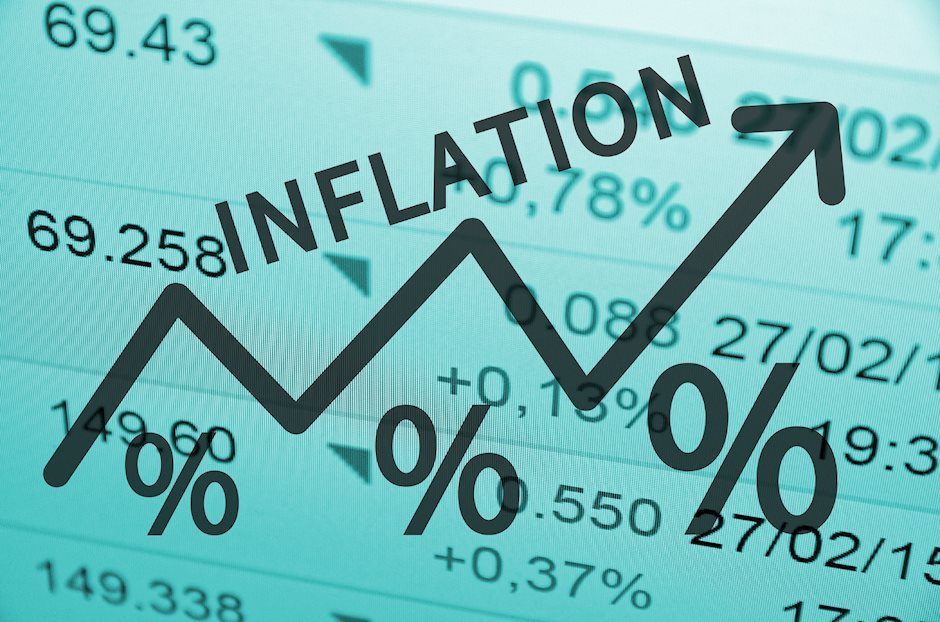Euro area annual inflation is expected to be 2.4% in April 2024

Politics
Slovakia has elected a new president. The decisive second round of the election was won by the current speaker of the Slovak Parliament, Peter Pellegrini, who is an ally of the former and new Prime Minister Robert Fico. Peter Pellegrini won 53.12 % of the vote.
Bulgaria is mired in political instability. At the end of March, a third attempt by the parliamentary parties to form a governing coalition was also unsuccessful. Nikolai Denkov was replaced as prime minister by Dimitar Glavchev. Bulgaria is set to hold early parliamentary elections in June, the sixth in three years.
EU and Member State representatives marked the 20th anniversary of ten countries' accession to the EU. On 1 May 2004, the Czech Republic, Cyprus, Estonia, Hungary, Latvia, Lithuania, Malta, Poland, Slovakia and Slovenia joined the European Union. This was the largest enlargement in the history of the EU.
The 2024 European elections are approaching. A debate between the leading candidates of the European parties for the President of the European Commission will take place on 23 May. On the last day of the elections, 9 June, the European Parliament will hold an election night during which it will publish the interim results of the elections.
EU countries and the European Parliament have approved the Corporate Sustainability Due Diligence Directive, requiring companies to source goods only from suppliers who do not harm the environment and do not violate human rights. The rules will apply to companies with more than 1,000 employees and an annual turnover exceeding EUR 450 million.
The European Parliament has approved a revision of the EU's Common Agricultural Policy. MEPs adopted a revision of the Common Agricultural Policy aimed at alleviating the administrative burden on farmers. The regulation now needs to be approved by the Council. Once approved by the Council, the regulation will be published in the EU's Official Journal and will enter into force immediately.
Economy
The EU unemployment rate was 6.0% in March 2024, down from 6.1% in February 2024 and stable compared with March 2023.
Euro area annual inflation is expected to be 2.4% in April 2024, stable compared to March. Looking at the main components of euro area inflation, services is expected to have the highest annual rate in April (3.7%, compared with 4.0% in March), followed by food, alcohol & tobacco (2.8%, compared with 2.6% in March), non-energy industrial goods (0.9%, compared with 1.1% in March) and energy (-0.6%, compared with -1.8% in March).
In the first quarter of 2024, seasonally adjusted GDP increased by 0.3% in the EU, compared with the previous quarter. Compared with the same quarter of the previous year, seasonally adjusted GDP increased by 0.5% in the EU in the first quarter of 2024. Ireland (+1.1%) recorded the highest increase compared to the previous quarter, followed by Latvia, Lithuania and Hungary (all +0.8%). Sweden (-0.1%) was the only Member State that recorded a decrease compared to the previous quarter. The year on year growth rates were positive for nine countries and negative for four.
In the EU the government deficit to GDP ratio increased from 3.4% in 2022 to 3.5% in 2023. In the EU the government debt to GDP ratio decreased from 83.4% at the end of 2022 to 81.7% at the end of 2023. In 2023, all Member States, except Cyprus and Denmark (both +3.1%), Ireland (+1.7%) and Portugal (+1.2%), reported a deficit. The highest deficits were recorded in Italy (‑7.4%), Hungary (-6.7%) and Romania (‑6.6%). Eleven Member States had deficits higher than 3% of GDP.
Author

Erste Bank Research Team
Erste Bank
At Erste Group we greatly value transparency. Our Investor Relations team strives to provide comprehensive information with frequent updates to ensure that the details on these pages are always current.

















